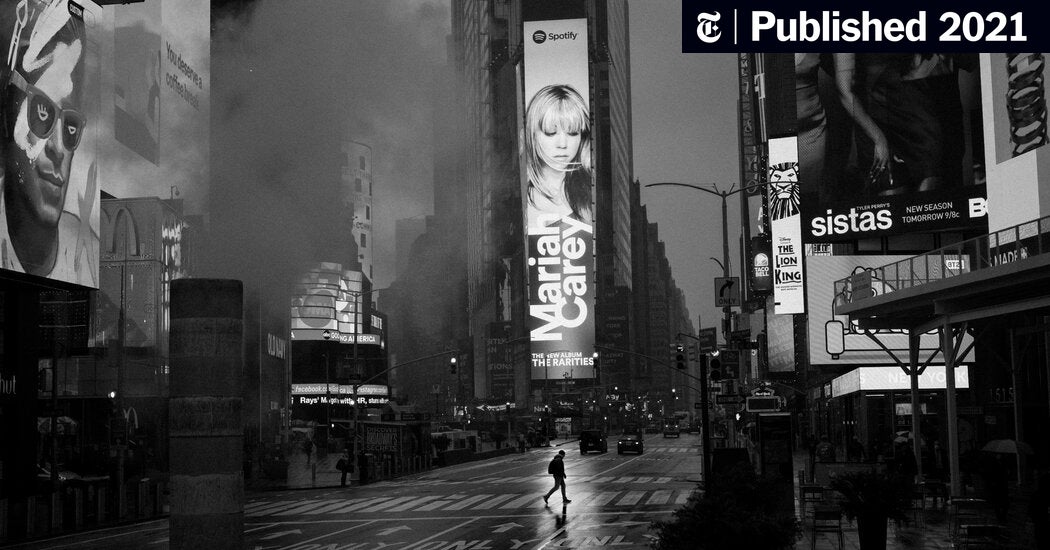- Messages
- 3,267
- Name
- Graham
- Edit My Images
- No
Maybe, but I'm not sure how many people share your views on what being a "photographer" means, especially as its being used in a photography forum.I think that gets closer to what I'm attempting to express. at least in a negative way. (and I hope that I need not signal that no pun is intended... )
Without a qualifier, Toni's original statement was ambiguous to the point of obsurity but if he had added a qualification, then it would have made sense.
I'm not suggesting this observation is any way definitive, but...
When I ran a final year module that I had rather pompously called "Digital imaging for scientific discovery and communication", the only students I can remember saying they had an existing "interest" in photography were those who also had a "proper" camera, and some specific evidence of interest (e.g. an A level in photography, which I didn't know existed)
Most said they liked taking (lots of) photographs on their phone, but with a couple of exceptions I can't remember anyone that thought of themselves as being a photographer: and those exceptions were really keen. One was doing a fine art with biology degree and photography was part of the work he was doing for the fine art part.
As an aside, what surprised me during the time I ran this module was the number of students who didn't consider it to be a "proper" photograph until it was made into a print.


 .
.
